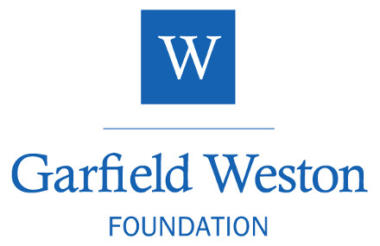The Garfield Weston Foundation - the UK's second richest charity - increased its grant-giving by 11 per cent to £69.5m in 2017/18 following a significant increase in dividends from its investments.
The charity owns a 79 per cent share in Wittington Investments Limited, which is the majority owner of Associated British Foods, a multinational food processing and retailing company that is the parent brand of Primark.
Wittington also owns the department store Fortnum & Mason and the furniture chain Heal’s.
According to the Foundation’s accounts for the year ending 5 April 2018, dividends from these investments totalled £73.8m, up 12 per cent from £65.9m the previous year.
This was despite the overall value of the Foundation’s investments staying almost unchanged at £9.8bn.
The reports states that the increase in grant-funding continues a longer-term trend, facilitated by “a steady increase” in dividends.
“In the past 10 years, the levels of income and donations have effectively doubled, and at the time of writing this report, trustees have given away the Foundation’s billionth pound.”
The Foundation, which is celebrating its 60th anniversary, supported 1,917 appeals throughout 2017/18.
Grant-making approach
One of the Foundation’s most notable grants during the year was £500,000 for the Natural History Museum to send Dippy the Dinosaur on an educational tour around the country.
However, its grant-making also showed a trend towards smaller grants supporting community, welfare and youth projects.
The report states that the Foundation is committed to funding charities’ core functions, with multi-year, core cost grants up by 34 per cent.
Writing in the report, director Philippa Charles says: “The trustees appreciate that charities often struggle to fund core costs which are essential to the effective delivery of a charity’s purpose.
“The Foundation continues to welcome grant applications for core costs and we particularly encourage applications from parts of the country that are often under-represented, such as Wales and Northern Ireland.”
Related articles










